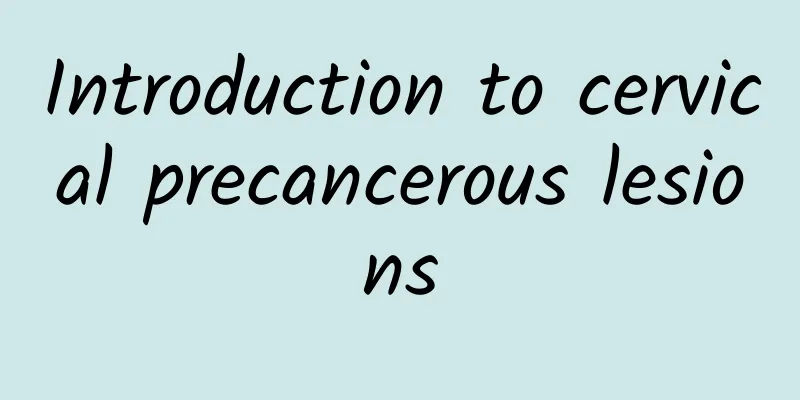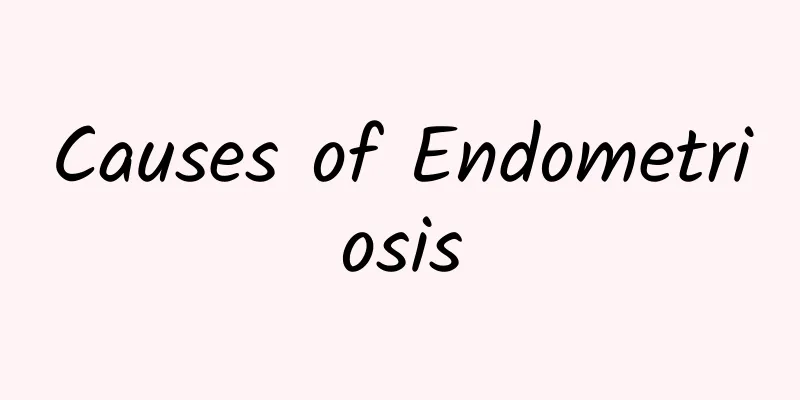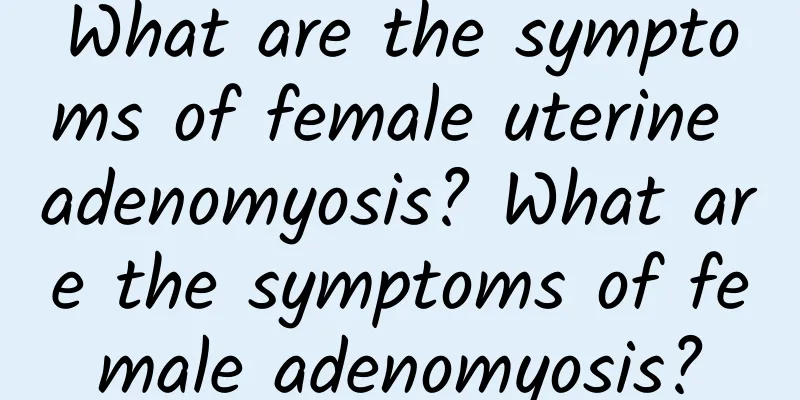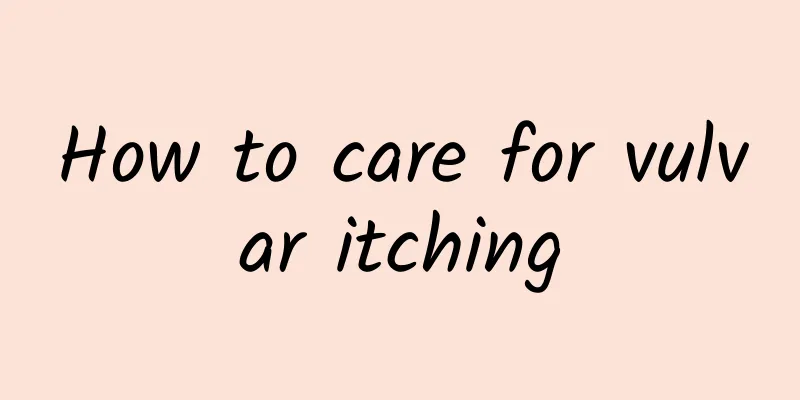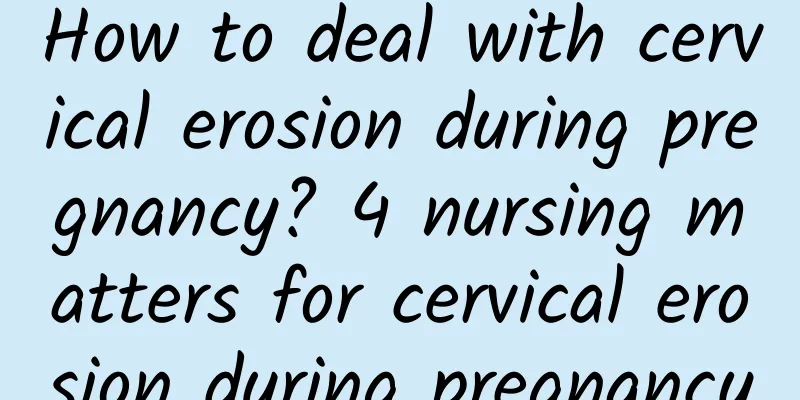What causes uterine fibroids and how to treat them
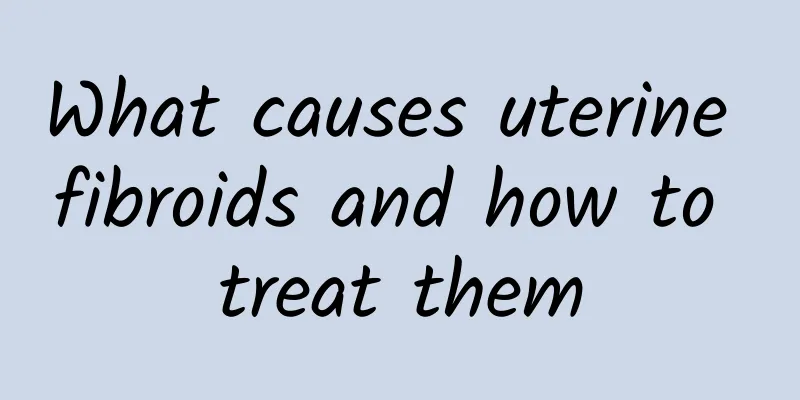
|
The causes of uterine fibroids are complex and diverse, the main causes include unhealthy lifestyle, obesity, hormone levels and genetic factors. 1. Reasons 1. Unhealthy lifestyle: Unhealthy diet, lack of exercise, stress and other lifestyle factors may also increase the risk of uterine fibroids. 2. Obesity: Obese women have higher estrogen levels in their bodies, which also increases the risk of uterine fibroids. 3. Hormone levels: Estrogen and progesterone are the main factors that promote the growth of uterine fibroids. Changes in these hormone levels, such as high hormone levels during pregnancy and before menopause, may promote the growth of fibroids. 4. Genetic factors: Uterine fibroids have a certain genetic tendency. If there is a history of uterine fibroids in a direct relative, the risk of women developing fibroids may increase. II. Treatment 1. Drug treatment: Drug treatment is mainly used to relieve symptoms and shrink fibroids, including hormone drugs, contraceptives and non-steroidal anti-inflammatory drugs, etc. These drugs can reduce menstrual bleeding and pain, but usually cannot completely eliminate fibroids. 2. Surgical treatment: For fibroids with severe symptoms or ineffective drug treatment, surgical treatment can be chosen. Common surgical methods include: hysterectomy, myomectomy, minimally invasive treatment, etc. 3. Other therapies: Traditional Chinese medicine treatment, diet conditioning and lifestyle changes can also be used as auxiliary treatments to help improve symptoms and prevent the recurrence of fibroids. When treating uterine fibroids, a personalized treatment plan should be developed based on the patient's age, reproductive needs, symptom severity, and fibroid characteristics. At the same time, regular checkups and follow-ups are very important to monitor changes in the fibroids and the effectiveness of treatment. Maintaining a healthy lifestyle, exercising appropriately, controlling weight, and reducing stress can help reduce the risk of the occurrence and recurrence of uterine fibroids. |
<<: What to eat to eliminate ovarian cysts
>>: Is it a big problem if I wear a condom during intercourse 15 days after an abortion?
Recommend
Can egg white cure cervical erosion? A complete list of folk remedies for treating cervical erosion
In life, there are many ways for folks to treat d...
Analyze and understand the early symptoms of uterine fibroids
If uterine fibroids are not treated in time, they...
What are the symptoms of miscarriage? Let's take a look today
Many people do not know much about miscarriage, s...
Do's and Don'ts of Dietary Adjustment for Patients with Uterine Myoma after Surgery
After surgical treatment, patients with uterine f...
Straighten your back and confidence will follow! Experts teach you how to stand correctly without hunching over, and easily have the graceful posture of a ballerina
Straighten your back In ballet classes, they ofte...
Precautions after painless abortion
Painless abortion refers to an artificial abortio...
The cause of ovarian cysts needs to be taken seriously by women
Ovarian cysts are a common disease among women. T...
Understanding the causes of pelvic inflammatory disease
The peak incidence of pelvic inflammatory disease...
Patients with adnexitis can often take Chaihu Shanzha Danggui Yin
After women suffer from adnexitis, they should no...
The most obvious sign of dirty flow
Artificial abortion (abortion) is a process of te...
Iodine can be used to wash the vulva for itching
Vulvar itching can be treated with iodine wash. 1...
What are the typical symptoms of ectopic pregnancy?
As a relatively serious gynecological disease, ec...
What is the difference between curettage and abortion?
Curettage and abortion are two different medical ...
What should I do if I have my period four times a month?
What should I do if I have my period four times a...
3 foods that patients with functional uterine bleeding can eat regularly
Dysfunctional uterine bleeding refers to abnormal...

